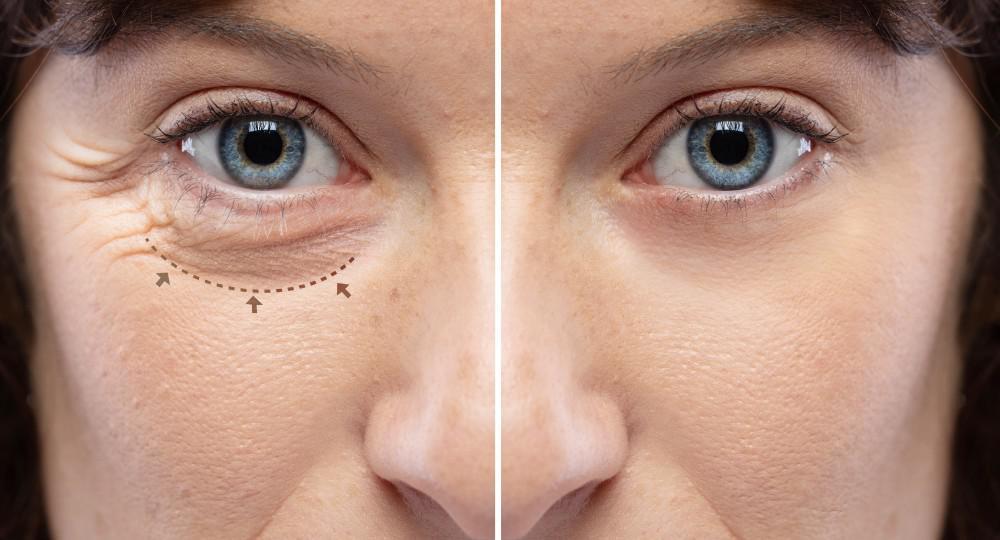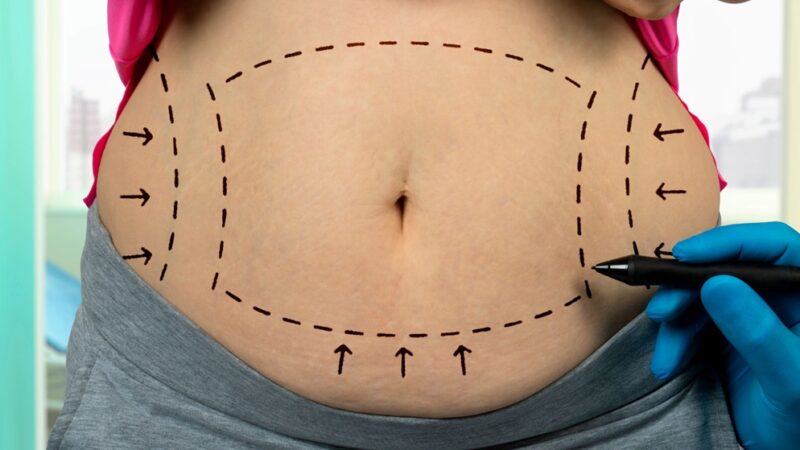Conditions Treated by Oculofacial Plastic Surgeons

Oculofacial plastic surgeons specialize in cosmetic and reconstructive plastic surgery of your eyelids, brows, and face. The doctors also treat diseases affecting your eye sockets and tear drainage system. You can visit your best Peoria oculofacial plastic surgeon if you have drooping eyelids, orbital conditions, tear duct issues, or eye injuries. Eyelid surgery is the most common treatment performed by oculofacial plastic surgeons. Cosmetic and reconstructive plastic surgery focuses on improving the look and function of the affected parts. Oculofacial plastic surgeons treat many conditions, and here are some.
Drooping eyelids
Drooping eyelids can affect the upper and lower eyelids. They can result from aging, where your eyelid muscles and skin stretch or weaken, and some kids are born with drooping eyelids. They can also develop later in life if your eyelid muscles or ligaments are weakened by injury or disease. Sagging eyelids can cause a cosmetic problem or reduce your peripheral vision. Oculofacial surgeons perform eyelid surgery to remove the excess skin, fat, or muscle in your upper or lower eyelids to reduce bagginess around your eyes and restore any lost function.
Pinkeye
Pinkeye, also known as conjunctivitis, is redness and swelling of the eyelid lining and eye surface. Normally, your eye lining is clear and colorless. Pinkeye is a common condition that often spreads easily, especially among kids in daycare centers and schools. If your pinkeye results from bacteria, your doctor can prescribe antibiotic eye drops or eye ointment. Conjunctivitis resulting from a virus usually clears independently within seven to ten days. If your symptoms persist, consult your doctor.
Eyelid cancer
Most eyelid cancers are skin cancer because your eyelid skin is very thin and sensitive to sun exposure. Basal cell carcinoma and squamous cell skin cancer are the most common eyelid tumors. Other eyelid cancers include sebaceous carcinoma, melanoma, and Merkel cell carcinoma. These cancers are highly treatable if detected early. Your oculofacial surgeons can perform Mohs surgery to remove the tumor and plastic surgery to improve the overall function of your eye.
Blepharospasm
Blepharospasm, also called eye twitching, is a spasm that affects muscles that control your eyelids, causing them to close involuntarily. The common symptoms of blepharospasm include twitching, frequent uncontrolled blinking, dry eyes, inability to open your eyes, and blurred vision. Your oculofacial surgeon can treat eye twitching through Botox injections, oral medications, blepharoplasty, or myectomy to remove your eyelid muscles and nerves.
Orbital fractures
Orbital fractures involve the breaking of any of the bones surrounding your eyes. They can result from traumatic injuries, like accidents or sports. Orbital fractures can cause blurred or double vision, swelling, facial numbness, bruising around your eyes, sunken eyeballs, or difficulties and pain moving your eyes. Depending on the severity of your orbital fracture, cold compressors and medications can help relieve your symptoms. Your oculofacial surgeon can recommend reconstructive surgery if your orbital fracture has affected your eye’s movement or function.
Oculofacial plastic surgeons specialize in cosmetic and reconstructive plastic surgery of your eyelids, brows, and face. Drooping eyelids, pink eye, eyelid cancer, and orbital structures are common conditions treated by oculofacial plastic surgeons. Schedule an appointment at Arizona Ocular & Facial Plastic Surgery for oculofacial plastic surgeon services to improve the functioning of your eye and surrounding tissues.





